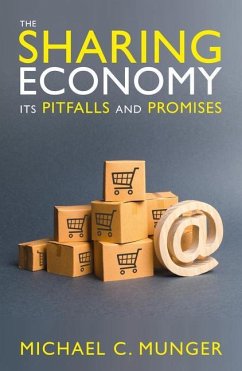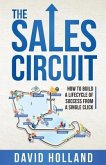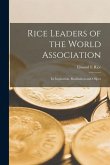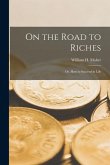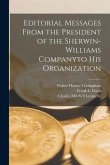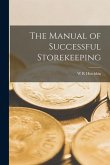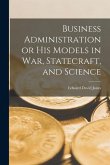Transactions have always taken place. For hundreds of years that 'place' was a market or, more recently, a shopping mall. But in the past two decades these physical locations have increasingly been replaced by their virtual counterparts - online platforms. Here, author Michael C. Munger demonstrates how these platforms act as matchmakers or middlemen, a role traders have adopted since the very first exchanges thousands of years ago. The difference today is that the matchmakers often play no direct part in buying or selling anything - they just help buyers and sellers find each other. Their major contribution has been to reduce the costs of organising and completing purchases, rentals or exchanges. The Sharing Economy: Its Pitfalls and Promises contends that the key role of online platforms is to create reductions in transaction costs and it highlights the importance of three 'Ts' - triangulation, transfer and trust - in bringing down those costs.

